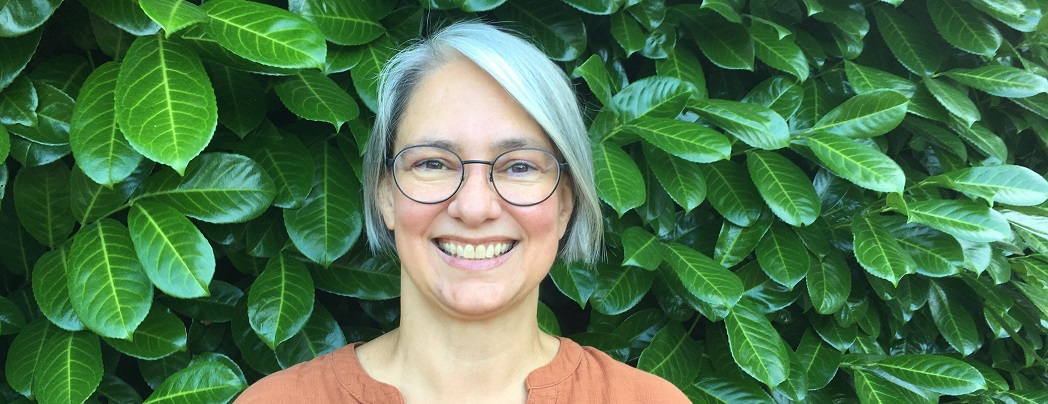A Conversation with Dr. Rebekah Mergenthal
Sabbatical projects focus on new approaches to Western History

PLU Department of History
You might notice that Dr. Rebekah Mergenthal is not listed as an instructor on the History Department’s teaching schedule during the 2021-2022 school year.
Although she is eager to get back into the classroom after so many ‘Zoom sessions,’ we’ll have to wait a bit longer for Dr. Mergenthal’s lively presence in meeting spaces across campus. During 2021-2022, she has been granted a sabbatical leave for historical research and new course development.
We asked Dr. Mergenthal to explain what she’ll be up to in the coming year.
Research on Western History
“This is a chance for me to focus on some research projects that I’ve been working on.
One is an article that considers the history of Tacoma in the late nineteenth century. Some of you have heard me talking about this project in class as my research developed. I’m especially interested in the proximate experiences of two immigrant groups in our area, the Chinese and the Norwegians. As the Norwegian immigrants were looking to found a college to educate their children (that became PLU), Chinese immigrants were expelled from Tacoma and dispossessed of their flourishing businesses in the area.
By putting PLU’s history in the broader community context, I want to help us think about how connections and exclusions have been developed and continue to shape our community today.
My other (bigger!) project is a book manuscript. With the working title, “A Muddy Eden: Border Lines and Borderlands in the lower Missouri Valley before the Civil War,” I explore how different racial and ethnic groups got along (and often didn’t) one the western frontier of the U.S.
My research explores the westward movement of enslavers as they sought economic opportunity for their families and the countermovement of enslaved people who ran away to try and reshape their own kin connections.
I examine the experience of Native nations who were removed to the (then) western border of the U.S. and those who already lived in the region. I look at how both German immigrants and Mormons were interested in creating their own spaces within the region, with differing results. As you can see it is a rich and complicated project! Which is why I need a book-length space to convey how these experiences intertwined and together shaped the expanding United States.
New Course Development
Though much of my attention this year will be on research and writing, I am still developing my teaching and thinking ahead to the courses I’ll teach upon my return. This includes the second outing of my new History at the Movies class and I’m especially thrilled not to have to teach this one over Zoom again!
I am also excited to be preparing a course (new to me), Hist 247: U.S. Capitalism. This course is a great opportunity for us to consider the changes and continuities in the development of capitalism from the late nineteenth century to today. Exploring the history of capitalism and its discontents over time is crucial to understanding both how the economy of our country has developed and where we can go from here.”
We wish Dr. Mergenthal the best as she completes this important work.


